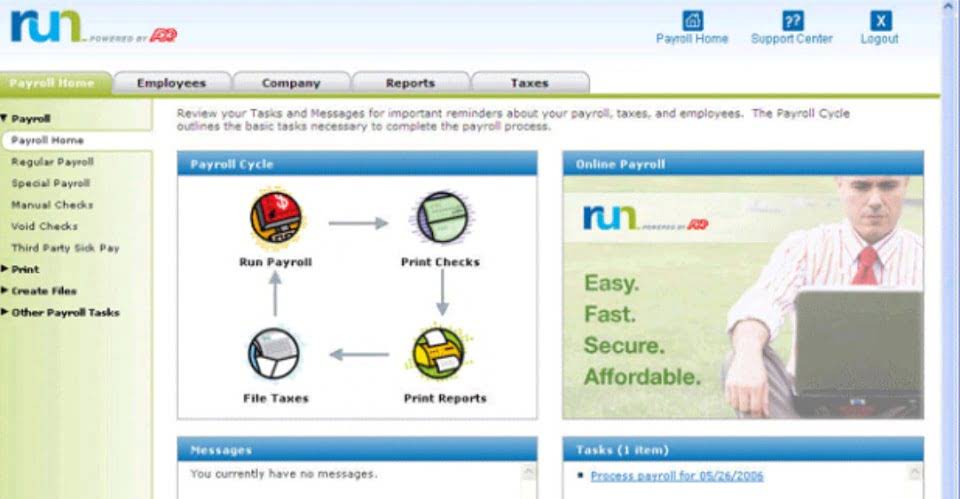
Retainer fees are a cornerstone of legal billing, offering clarity and peace of mind for both clients and attorneys. A retainer fee for lawyers is an upfront payment made by a client to secure the attorney’s services and cover initial legal expenses. Here is a straightforward guide on how to set average retainer fees that are fair, competitive, and reflective of the services provided. In summary, retainer fees are upfront payments to lawyers that guarantee access to legal services and cover early case expenses.
- Arbitration is a formal process where a neutral third party (arbitrator) hears the arguments of both sides and then makes a binding decision.
- Further, a signed copy of the fee agreement should be kept by both parties in case a legal dispute arises regarding the agreement.
- Similarly, if you are a union member or an employee with a large company, having a lawyer to help you with employer problems might be part of your benefits.
- Therefore, understanding the lawyer’s hourly rate is usually the first step in determing what the retainer fee for the lawyer will be.
- In many cases, having a specific retainer in place allows you to navigate your legal challenges with confidence, knowing you have pre-paid expert support when you need it.
Understanding Retainer Agreements

An advance retainer involves prepaying for services the client is expected to need. This is useful when costs are unpredictable, ensuring that the attorney is fairly compensated while providing peace of mind to the client. In personal injury cases, a contingency fee agreement says that the lawyer gets paid with part of the money from your win in court or settlement—no win means how does a retainer fee work no attorney’s fee.

What’s a Retainer Fee Contract?
- These fees serve as a commitment between the client and the lawyer, ensuring that the lawyer will be available to provide legal services when required.
- To avoid underpricing your services, add a percentage markup to cover unforeseen costs.
- For example, a regional bank might need on-call legal services but may not have enough work to justify a full-time lawyer’s salary.
- A general retainer is sometimes required when a law firm is highly specialized and in high demand.
Once the project has been completed, an invoice for hours spent will be submitted. This agreement is useful for both parties as it sets the budget for the project and indicates the amount of work which will be required. After the initial retainer has been signed, there is usually an agreement that is signed by both parties. This can sometimes mean that the service provider resists sending additional invoices as they are worried that the request will be met negatively. By providing funds upfront, the individual who is providing the service will know that their client intends to see the project or task through to the end.
Examples of Retainer Fees in Practice

For example, a graphic designer may charge a special retainer to deliver a series of promotional materials over a fixed gross vs net period. It provides clients with structured outcomes while professionals gain guaranteed income for measurable work. The funds are placed in a separate account, such as a trust or IOLTA account, to ensure the payment is being used appropriately (IOLTA stands for Interest on Lawyer Trust Account). The professional then bills their time against the trust, extracting the amount owed based on the time worked.

The retainer fee may or may not be refundable, though sometimes a court can rule that a non-refundable retainer fee Bookkeeping for Etsy Sellers is unreasonable. If the retainer runs out during the case, the client may have to pay additional fees to the lawyer. When you pay a retainer fee, the lawyer typically deposits it into a client trust account, separate from their operating funds. As they perform work on your case, they bill against this retainer at their established hourly rate or according to the fee structure in your agreement. Retainer fees are used by a wide variety of professionals, including consultants, business developers, freelancers, accountants, and attorneys.

